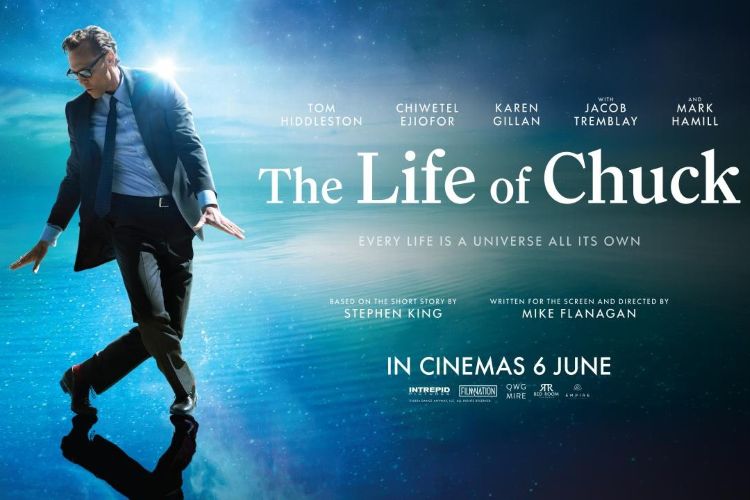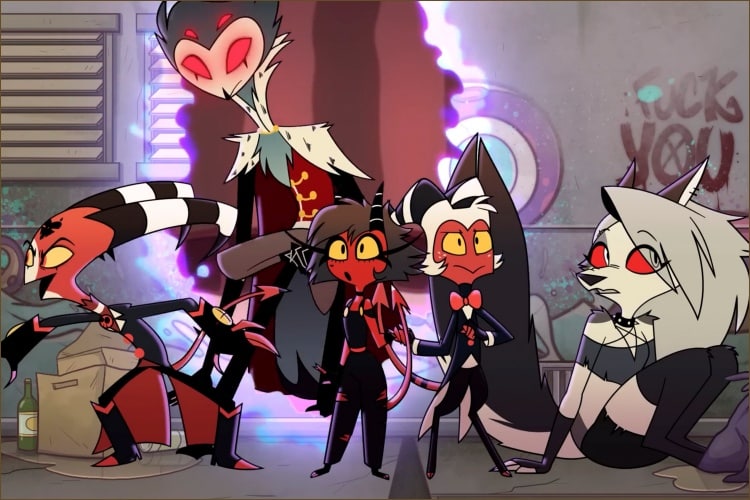Later…
Main Cast: Timothée Chalamet, Armie Hammer
Director: Luca Guadagnino
There is so much to say about Call Me By Your Name, but at the same time it’s so simple. It’s a love story. All love stories share certain qualities – the thrill of attraction, the fear of rejection, the awkwardness of acknowledgement, the attractiveness of the couple (come on, it is a movie). The success or failure of any love story boils down to the connection between the lovers. The more powerful the connection, the more interesting the film. This is an exceptionally interesting film.
Based on the book of the same name by André Aciman, Call Me By Your Name stars Timothée Chalamet as Elio, who spends summers in Italy with his parents. Elio is 17 years old and filled with late adolescent malaise. He has become tired and jaded (in that particularly young adult way) of the girls and games of the idyllic Italian countryside. When 24-year-old American Oliver (Armie Hammer) arrives to study with Elio’s father, the summer of 1983 becomes a journey for both young men rather than a stale remake of past years.
Some of what makes Call Me By Your Name remarkable is how unremarkable this story really is in 2018. I’m old enough to remember when Ellen DeGeneres coming out as a lesbian on her own TV show was an absolute scandal (ridiculous, but it most definitely was a very big deal). That this movie exists at all in the mainstream is something that 1983 never saw coming. Because, you see, the characters’ sexuality is not even really the heart of the film. The focus is on the sensation of new love, the insecurity and uncertainty and bumbling wonderfulness. It’s beautiful.
It’s also beautiful in the telling. Elio is well read and extremely smart. Oliver is the same, but with seven extra years of physical maturity. The actors cast for the roles accentuate the age difference, with Chalamet being a slim, young looking 23 and Hammer being a muscular, silky-baritone-voiced grown ass man of 32 (seriously, that voice is magical). The difference in appearance masks the similarities in their characters as they both fumble with the feelings that grow between them over those weeks that seem to fly by. The agony and ecstasy of new love is portrayed in all its painful glory. The chemistry between Chalamet and Hammer is remarkable, as is the ease with which they appear to open themselves emotionally on screen to levels of intimacy that some people never manage in real life. Both performances are extraordinary as the unspoken becomes obvious and the characters grapple with their feelings and experiences.
My sole criticism of the film is that it can be extremely cryptic, relying on visuals to move the story. The entire film is gorgeous, using the stunning Italian setting to its full potential and adding layers of stillness that allow the viewer to soak in the surroundings that lead to every moment of this relationship. But that stillness can feel slow sometimes, especially at the beginning of the film when what’s happening is especially (and sometimes maddeningly) unclear.
One could make the argument that such a lack of clarity simply reinforces Call Me By Your Name’s ability to replicate Elio’s uncertainty and not be wrong. But as someone who has not read the book I could have used a few extra lines of dialogue.
There are undoubtedly people who object to the age difference between Elio and Oliver. Seven years is definitely a lot when one of the individuals is 17. I felt a little unsure about it at first myself, mostly because Hammer looks so much older than Chalamet. But as you get further into the film you realize that Oliver is no more emotionally worldly than Elio and their relationship is on far more equal footing than their appearance initially leads us to believe. Truthfully, the evolution of Oliver from feigned overconfidence to vulnerable honesty is one of the most touching parts of the film.
As I said, I remember a time (not very long ago) when a film with the themes of Call Me By Your Name would never have been accepted by a major studio, or by mainstream audiences. It most certainly would never, ever have been nominated for several Academy Awards (of which it won Best Adapted Screenplay). It isn’t a straight story or a gay story, it’s a love story that acknowledges sexuality on a continuum and focuses on its characters. It does not entirely ignore the stigma of a homosexual relationship in 1983, with an especially heartbreaking and beautiful monologue from Elio’s father (played by stage veteran Michael Stuhlbarg) giving voice to the time period. The isolated setting allows the story to play out without interference from ugly societal pushback. Elio and Oliver are simply allowed to be, within their own limitations, for that brief period of time. This is a movie that gives me hope that we have moved forward, and that we can continue to do so, for which I am profoundly grateful.
If you have any interest at all in Call Me By Your Name, please see it. It’s a really beautiful story and it’s brilliantly told by screenwriter James Ivory and director Luca Guadagnino. A sequel has been announced with the same cast and director, and author André Aciman attached. I don’t know that this is necessary – the film ends on an entirely satisfactory note – but I look forward to it anyway, just for the chance to re-enter the lives of Oliver and Elio.

Sue reads a lot, writes a lot, edits a lot, and loves a good craft. She was deemed “too picky” to proofread her children’s school papers and wears this as a badge of honor. She is also proud of her aggressively average knitting skills. TV and indie movies are her jam.







Leave a Reply